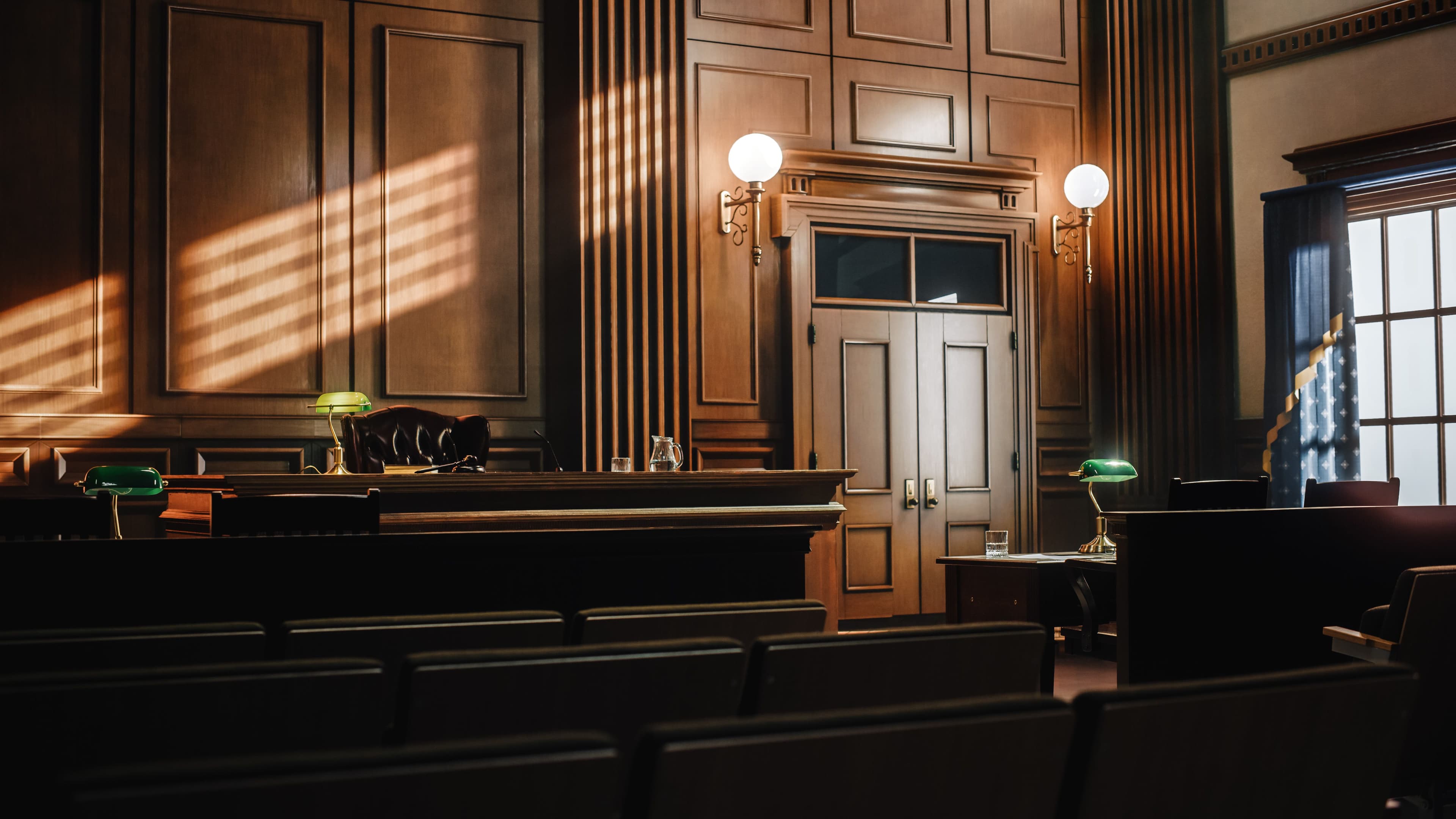
Court Supervision
Learn how Illinois court supervision works, its benefits, limits, and conditions for avoiding a conviction.
Learn how Illinois court supervision works, its benefits, limits, and conditions for avoiding a conviction.
You may have heard someone say that court supervision means an offense is “not on your record.” This isn’t entirely accurate. The correct statement is that supervision means the offense is not on your record as a conviction.
Under Section 5-6-1(c) of the Illinois Criminal Code, a defendant may be discharged without a judgment of conviction being entered. There will still be a record that the defendant pled guilty or was found guilty, but it will not count as a conviction—an important distinction.
This can be advantageous in many ways. For example, when applying for a job, if asked whether you have ever been convicted of a crime, you may truthfully answer “no” if you received court supervision. In criminal cases, supervision also means you cannot be sentenced to jail. In traffic cases, supervision can help avoid license suspension or increased insurance premiums.
However, a court’s authority to grant supervision is limited. Sections 5-6-1(c), (d), and (e) require that:
- The offender is not likely to commit further crimes.
- Both the defendant and the public are best served by avoiding a criminal record.
- In the interest of justice, supervision is more appropriate than other penalties.
If these conditions are met, and the offense qualifies for supervision, the court may grant it. Still, supervision comes with conditions.

According to Section 5-6-3.1 of the Code, a court may require the person to:
- Complete public service hours
- Pay fines and court costs
- Attend school, vocational training, or counseling
- Undergo treatment for medical, psychological, or substance issues
- Support dependents
- Refrain from firearms possession
- Avoid certain locations or individuals
- Contribute to anti-crime programs
If all conditions are met and the supervision term is successfully completed, the defendant avoids a conviction. For many offenses, this also leaves the door open to expungement, which can remove the record entirely.
At Harter & Schottland, while our goal in every case is to win, sometimes the best outcome is to minimize penalties. Court supervision can be a powerful tool to reduce long-term consequences, and we work hard to show our clients are eligible when possible.
The post Court Supervision appeared first on Harter & Schottland.
